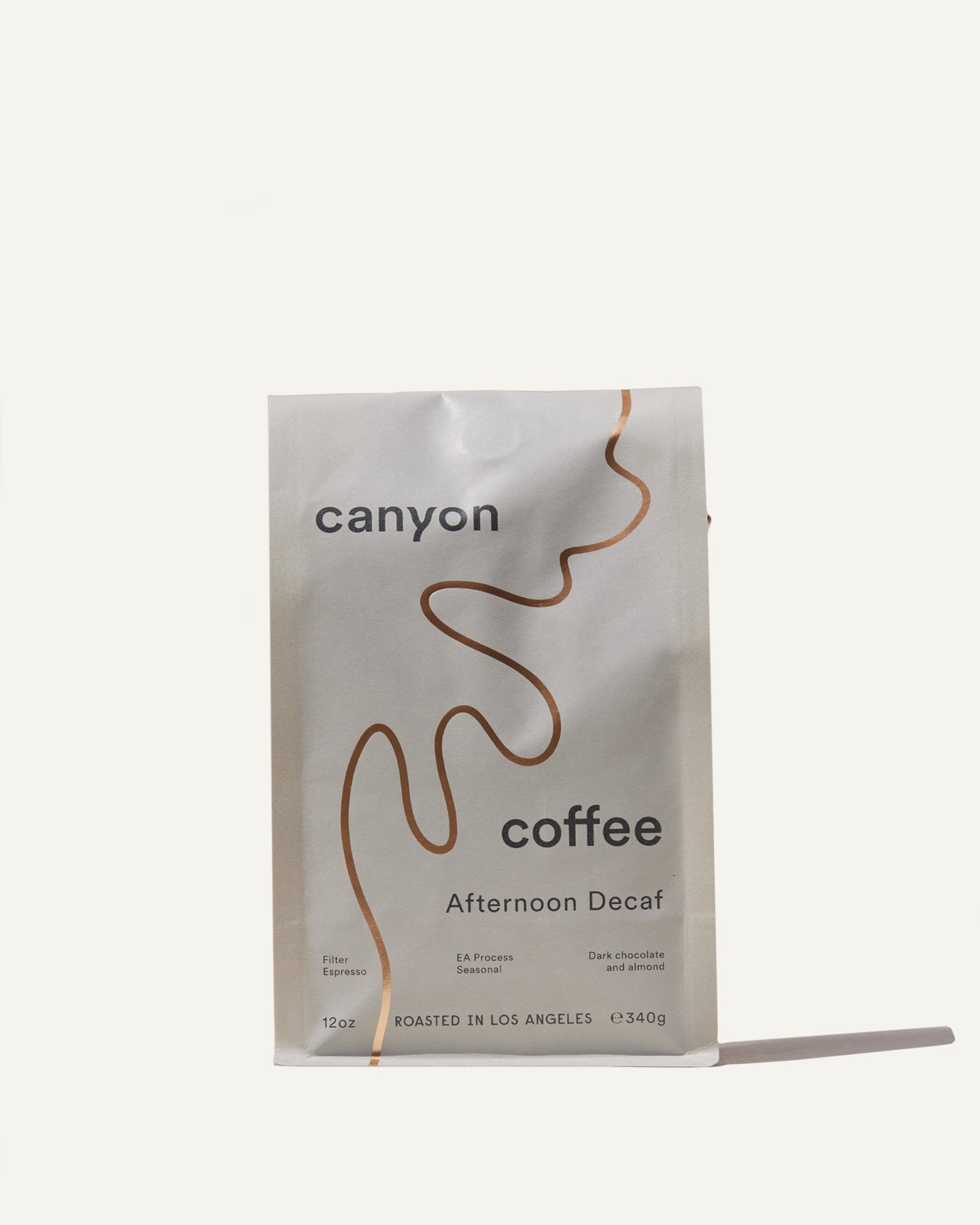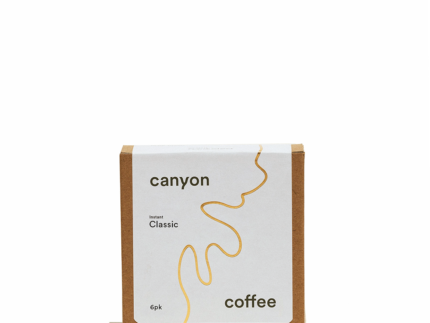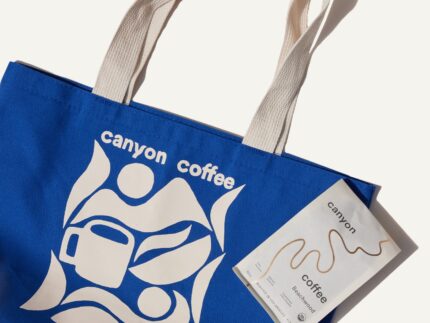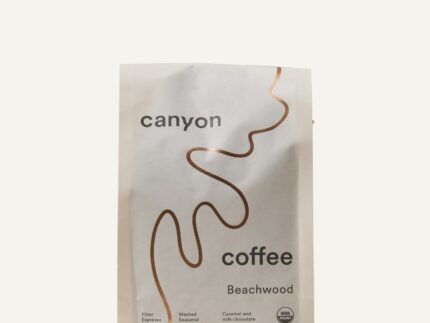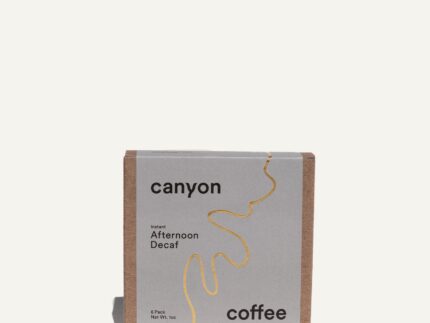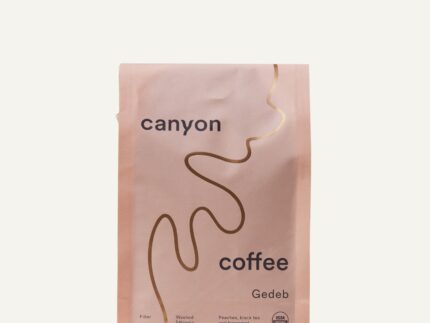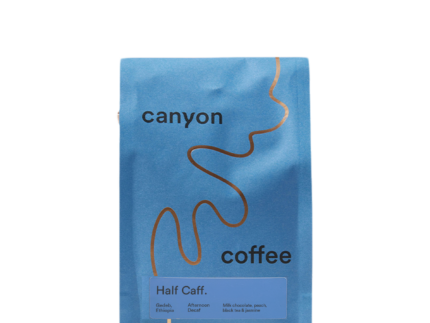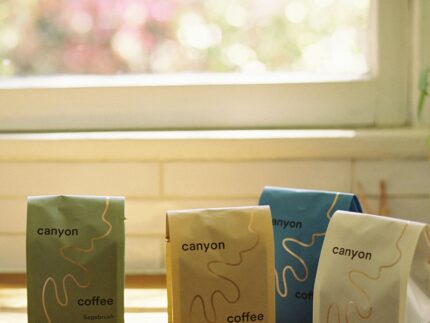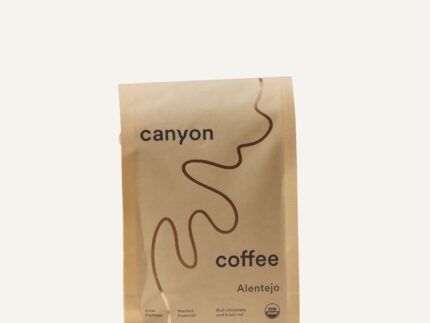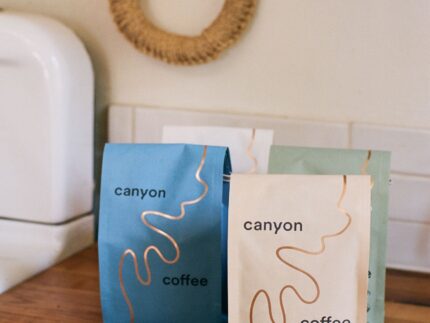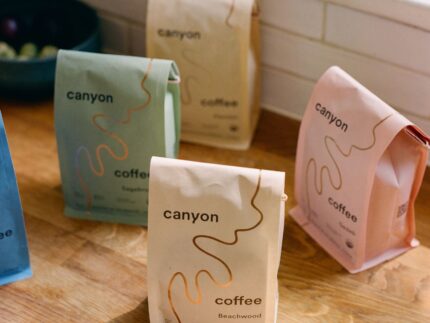Afternoon Decaf
We know what a difference good coffee makes in starting your day off right. Our decaf is deliciously sweet and smooth. It’s often difficult to tell it’s decaf!
About Afternoon Decaf:
Current Origin: Colombia
Region: San Agustín, Huila
Producer: Juan Tama Indigenous Councils Association
Altitude: 1,800-2,100 MASL
Decaffeination: Sugar Cane EA
CURRENT PRODUCERS:
This coffee was grown and processed by various growers in the San Agustín municipality, an organization in San Agustín, Huila, Colombia.
Approximately 80% of the producers in this area are cultivating coffee on less than 3 hectares of land. Because the farms are tended to exclusively by the families who own them, the attention to detail is meticulous and there is a tremendous sense of pride in the final product.
PROCESSING:
We have become big fans, along with many other specialty coffee companies, of the sugar cane EA decaffeination process being employed in Colombia! It’s a natural process that preserves all the natural terroir-driven flavors of the coffee and seems to add some nice sweetness to the coffee.
Here’s more on the process, in the words of our import partners, Atlantic:
“The process for decaffeination begins with sugar cane grown just a few hours south of Descafecol, that is turned into molasses. The molasses is then fermented to create ethanol and processed with acetic acid to create the Ethyl Acetate that will be used in the extraction of the caffeine.(Ethyl acetate is used in food pretty extensively and is known for bringing a fruity flavor to; hard candy, chewing gum, ice cream, and many other products. It can also be naturally occurring in fruits (bananas, pineapple, berries, apples, and pears), is a key to the flavor of rum, and can be found in beer and wine as well. Ethyl acetate is also used in the decaffeination of not only coffee- but also tea.)
So how is this used to decaffeinate the coffee?
To start, green coffee is brought to Descafecol and put in tanks where the coffee is steamed and introduced to hot water to open up the structure of the coffee to ready it for the extraction of the caffeine. Once ready, the EA solution is introduced to the coffee and run through multiple times. During this the caffeine bonds with the ethyl acetate and is ultimately separated from the coffee, removing a minimum of 97% of the caffeine. After the extraction of caffeine the coffee is steamed once again to remove any traces of the ethyl acetate, and then sent to dryers to bring the coffee back down to near its original moisture content. Once dried the coffee has a light food grade safe wax coating applied to it that is integral to protecting the coffee and increasing shelf stability. Finally the coffee is bagged back up (in grainpro) and sent out.”
Our Ground Coffee:
Over the years, we’ve honed in on a tried-and-true medium-coarse grind setting that works well for a range of home-brewing methods, including pour overs, coffee machines and french press. With this grind setting, you have the power to adjust the flavor of your coffee through your coffee to water ratio and water temperature. Feel free to email us with questions or for brewing help!
